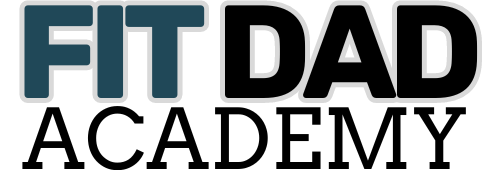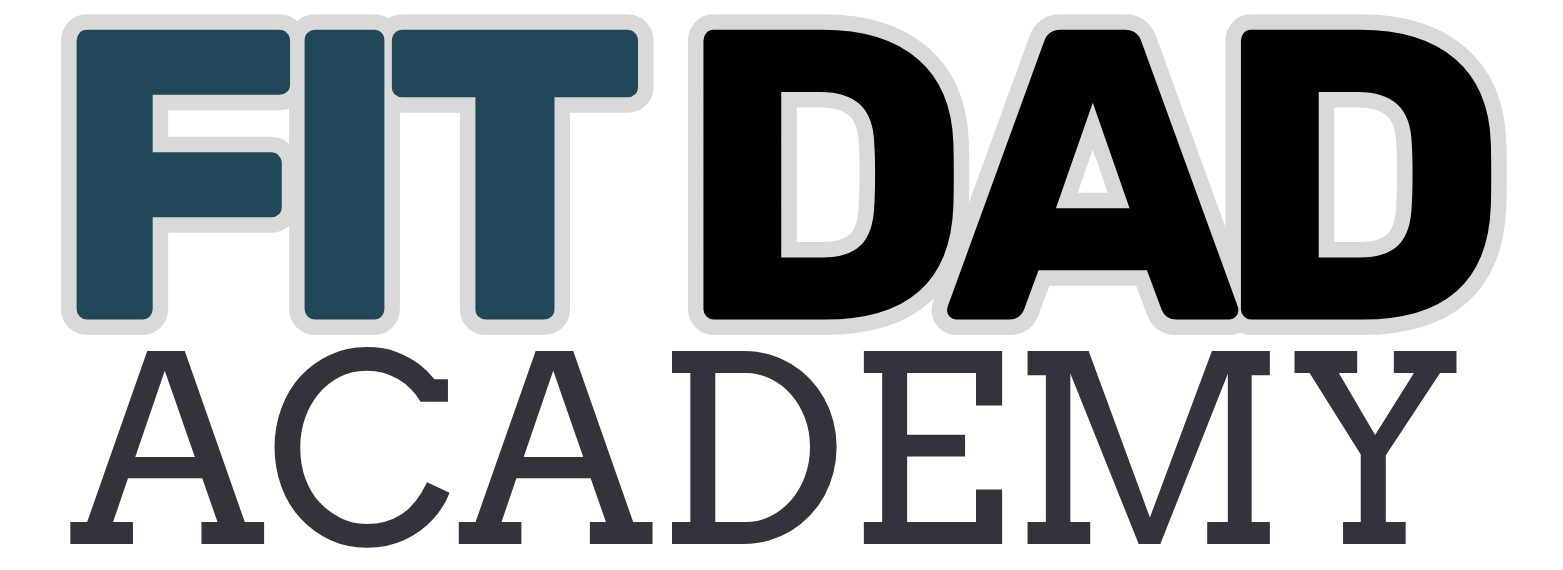Step 4: Recap
Yesterday, in Step 4, we dug deep into why protein is a go to strategy for your first meal. It’s more than just hitting your macros mate; it’s about giving your body the tools it needs to stabilise hunger, balance energy levels, and keep a lid on your cravings through the day.
We explored how starting your day with protein helps you avoid The Sugar Cycle From Hell, where ultra processed foods and sugary breakfast options spike your insulin, leave you crashing by mid-morning, and drives fat storage.
Adding protein instead stops that vicious cycle dead, setting you up for sustainable energy, sharper focus, and fewer cravings.
Here’s what else we covered:
- Protein’s Role in Fat Loss and Hormone Health: By replacing high sugar, ultra-processed foods for breakfast and making a change to a protein based breakfast, you’ll start to balance insulin levels and repair muscle cells, which will help you burn fat more effectively while reducing the risk of serious health issues like diabetes, heart disease, and liver disease.
- Intermittent Fasting (I.F.) as a Power Move: We touched on how structuring your first meal within an I.F. framework can work wonders for your busy mornings, giving you one less thing to stress about while keeping your nutrition on point.
- Gut Health and Cravings: Adding protein in the morning supports gut health, recovery and helps rewire your hunger hormones, so you’re not constantly battling cravings and eating anything thats not nailed down when you get in from work.
If you missed this step, go back and give it a proper read mate, it’s a cornerstone of your low-sugar journey and lifelong health.
Step 5: Does Eating Fat Help You Lose Weight?
Today, we’re tackling dietary fat—the sidekick to insulin when it comes to managing blood sugar and improving overall health.
Now, let’s clear up a common misconception: dietary fat (the fat you eat) is not the same as body fat (the fat you wear, sitting under your skin or around your organs).
Confusing? can be mate. But here’s what you need to know:
Focus on adding the good, natural fats—those that fuel your body, help manage hunger, and support optimal health.
There’s two sources of good, natural dietary fats.
- Animal Fats
- Plant Fats
Full disclosure, I keep my saturated fat intake from animals to an absolute minimum. I'm eating animal protein and fats from animals once maybe twice a month. Why?
Animal fats can speed up the aging process, contribute to heart disease, stroke, diabetes, high cholesterol, high blood pressure, as well as colon and rectal cancers. {1,2,3,4,5}
Add to that the hormones that animals are pumped with, the garbage the animals are fed, then for me, eating meat 2-3 times a day, every day starts to lose it’s appeal.
I made this choice when my lad was born in Feb 2023 for health reasons after rediscovering my passion for studying nutrition.
And after taking my lad on days out to open farms to see the animals, I kind of fell back in love with animals again.
However. I’m all about freedom of choice mate, so, if you’re a big meat eater, that’s your choice, no judgement from me.
But I recommend getting to your doctors for a full bloodwork every 6 months to have a look at your health markers that can be affected from too much saturated fat from meat.
What Dietary Fats Do for You
dietary fats, from both animals and plants help your body carry and absorb vitamins A, D, E, and K—big players in immune support, reproduction, growth, blood and skin health, effective blood clotting, and bone health.
Dietary fat’s act as the building blocks for all your hormones.
They keep your brain and nervous system sharp and firing.
Support healthy muscle cell function, ensuring your body can use stored fat and stored carbs for energy more effectively.
And let’s not forget: fats help you feel fuller for longer, which keeps cravings in check and puts a lid on overeating.
Quality Dietary Fats
Here’s your go-to list of healthy fat sources, if you’re a meat eater, I’ve added red and white meat to this list as well as butter.
Quality Dietary Fats
Omega-3: The Daddy of Fats
Omega-3 fats deserve their own spotlight.
These heavy hitters come from sources like wild-caught fish, eggs, flaxseed, walnuts, and chia seeds.
Here’s what Omega-3 does for you:
Improves cardiovascular health by lowering blood pressure and bad cholesterol.
Stabilises blood sugar levels.
Reduces muscle, joint, and bone pain.
Boosts mood and reduces the risk of depression and other mental health challenges.
Enhances focus and concentration.
Strengthens your immune system.
Promotes healthy skin, hair, eyes, and nails.
However mate, if you’re relying on fish oil supplements to get your Omega-3’s then save your money, they’re ineffective and studies are showing they do not give you the health benefits the supplement industry has you believe. {6}
The Horrors of Ultra Processed Food and Trans Fats
Let’s have it right: Ultra Processed Food and Trans Fats are the super villains of the fat world.
Eat too many too often, and you’re signing up for fat gain and a skip load of health problems down the road.
And it get’s worse: trans fats usually team up with UPF, high sugars, emulsifiers, imitation flavouring and flavour enhancers creating a fat-storing atomic bomb that’s irresistible to your brain but devastating to your body, health and longevity.
Together, they give you a superhero ability to eat them without feeling full.
The reason why you can eat them without feeling full is because UPF and foods jam packed with trans fats are soft, they're mushy, and you don’t have to chew to swallow them.
You ready for the most insidious part of this.
The food companies make UPF and foods high in trans fat soft and mushy by design to bypass the mechanism that tells you that you’re full.
They want to lock you into The Sugar Cycle From Hell.
They know that trans fats combined with ultra-processed food, sugars, emulsifiers, imitation flavouring and flavour enhancers are addictive so that you’ll eat more, keep coming back for more whilst they make billions and you get fat fatter and more sick.
And in those moments when the fog clears and you're ankle deep in empty wrappers, a feeling of guilt and shame hits like a double decker bus and you want to stop but you can’t.
From today mate, I need you to know this; The food industry does not give one fuck about your health. For legal reason this is just my opinion.
If what you’re eating is made by a “Food Scientist” in a lab by a corporate food giant then leg it mate. They make their products to trigger dopamine, giving you a quick hit of pleasure, and they cash in, making billions, counting on your need for that next fix.
Here’s a list of common culprits loaded with trans fats, ultra-processed food, sugars, emulsifiers, imitation flavouring and flavour enhancers.
This list is the most common players, but to identify UPF, trans fats and food loaded with sugar follow this rule:
If it’s wrapped in plastic and has at least one ingredient that you wouldn’t usually find in a standard home kitchen, it’s UPF.’ - Chris Van Tulleken
Now, strap in: here’s the list of the biggest offenders when it comes to simple carbs: Read if a weep.
The Biggest Offenders
The Biggest Offenders
I need to stress to you again mate that the food industry isn’t interested in your health—they’re here to turn a profit.
They know their products are addictive, they employ scientist to make them that way, and they’re making sure that keep going back for more.
Want proof? Go cold turkey on these foods for a week and see how long you last.
Then let us know how it went in the discussion tab.
The Takeaway
Dietary fats are essential for optimum health, and not all fats are created equal. Here’s what you need to remember from today’s lesson:
Good fats (like Omega-3s) are crucial for everything from brain health and hormone production to managing blood sugar and boosting your immune system.
Fats help you feel full, reducing cravings and helping you control food intake.
Trans fats, UPF are public enemy #1 when combined with high sugar, emulsifiers, imitation flavouring and flavour enhancers, This combo spikes cravings, promotes fat storage, drags you into the sugar cycle from hell, and will 100% bring you to some serious diseases down the road.
Your challenge? Recognise the sneaky ways bad fats and sugars show up in your meals. Start swapping them out for high-quality dietary fats, and watch your health and energy take off.
It’s over to you now.
The power is in your hands—make it count.
Action Task #5:
Add a portion of quality fats, from the list above, and your Ultimate Fat Loss Foods List to each meal
Just like in previous steps to get your hands on my Ultimate Fat Loss Foods List, click the button below. It’s loaded with nothing but health-promoting, energy-boosting, disease-fighting, fat-burning, muscle-building, feel-good foods. Keep it handy for the next 10 days to breeze through Task 2 and identify what foods to limit form the Red List..
Every day, make sure to get to get your task boxed off on your task sheet. You’ll find the link to the digital version using the Notion App at the top of each “Action Task” section (like the one above). If you missed downloading your task sheet in the intro section, no worries—click the link above to grab it. When you go to access the task sheet, just click request access and then i'll accept that my end by the end of the same day and boom, you're in.
Tomorrow's Lesson
Tomorrow we’re diving into one of the sneakiest culprits holding back your progress: your beloved sauces.
You know the ones—ketchup, BBQ, sweet chilli—they take your meals from bland to banging in seconds. But there’s a dark side: those squeezes of sauce are quietly sabotaging your hard work and your health.
We’re talking hidden sugars, useless calories, and an absolute mugging of your fat loss and health goals.
In tomorrow’s lesson, you’ll learn:
How sauces are secretly adding thousands of calories and grams of sugar to your diet each month.
The shocking truth about your favourite table sauces (brace yourself, mate).
3 simple fixes to take control of your sauce habit without sacrificing flavour.
It’s not about ditching sauces completely—it’s about getting smart, and taking control. Because once you know where those sugars are hiding, you can stop them from dragging you down.
Ready to tackle this head-on?
Tomorrow’s lesson is going to open your eyes—and maybe shock you into action.
Trust me, this is one small change that’ll make a massive difference to your waistline, energy levels, and health.
See you there, mate.

